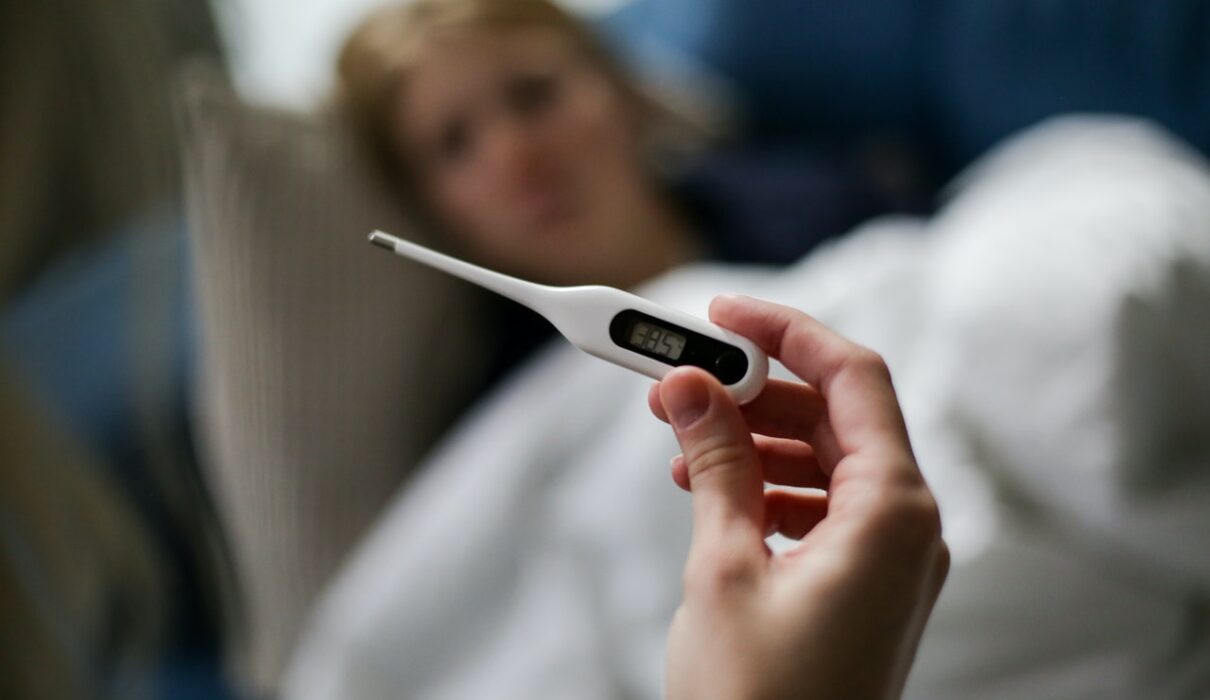We’ve all experienced the overwhelming sleepiness that often accompanies an infection. But is this fatigue merely a result of the infection sapping our energy, or is there a deeper, biologically driven process at play? Research suggests that the answer lies in the immune response itself, specifically through molecules called cytokines that are released when the body encounters pathogens.
Cytokines are signaling proteins that play a critical role in coordinating the body’s defense against infection. Among them, interleukin-1 (IL-1), interleukin-6 (IL-6), and tumor necrosis factor-alpha (TNF-α) are known to have direct effects on sleep regulation. These cytokines not only help mobilize the immune response but also interact with the brain’s sleep centers, particularly in areas such as the hypothalamus, where key sleep-regulating neurons are located.
Studies have shown that when these cytokines increase in response to an infection, they can enhance non-REM (NREM) sleep, which is the deeper, restorative phase of sleep. This is thought to be an evolutionary advantage, as deeper sleep may allow the immune system to work more effectively by conserving energy for fighting off pathogens. For instance, research in animal models has demonstrated that IL-1 and TNF-α can increase NREM sleep and also influence brain temperature, which can further contribute to the sense of sleepiness and fatigue.
Further, these cytokines influence the production of adenosine, a neurotransmitter that promotes sleepiness. Elevated levels of adenosine are associated with the “need to sleep” feeling, reinforcing the urge to rest. The elevation of adenosine in the brain during illness is thought to signal to the body to conserve energy and prioritize recovery over other functions.
This cytokine-driven sleepiness isn’t merely a byproduct of the immune response; it’s an adaptive response. By promoting sleep and energy conservation, the body can more efficiently marshal its resources to combat infection and inflammation. So, while infections may make us feel drained, this sleepiness is a purposeful and beneficial aspect of the body’s response to illness.

